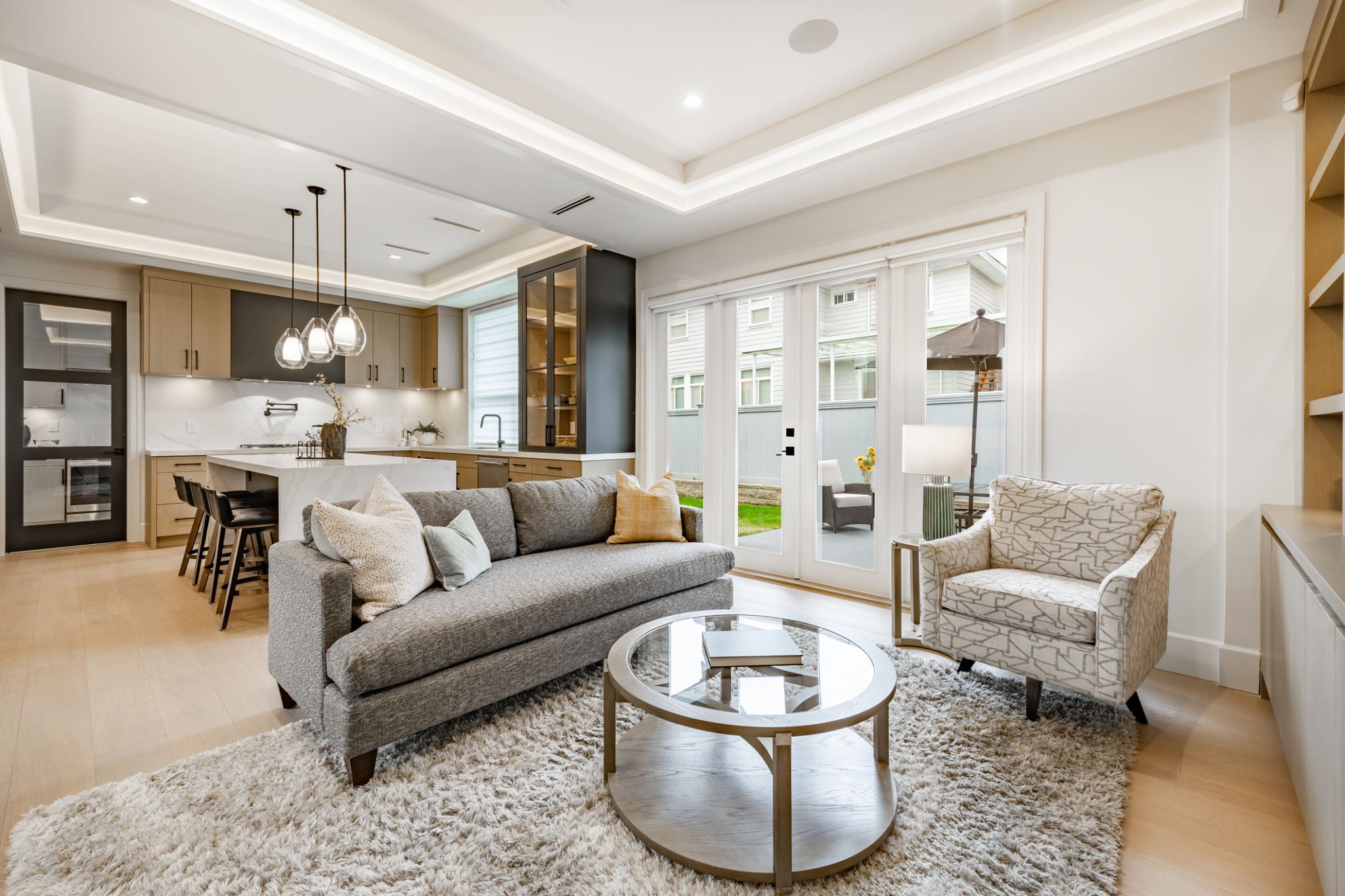Avoiding Common Mistakes in Home Remodeling Projects
Planning and Budgeting
Home remodeling can be an exciting venture, but it's essential to start with a solid plan and budget. Without these, you risk overspending and not achieving your desired results. Begin by outlining your goals and setting a realistic budget that includes all potential costs. Remember to factor in a contingency fund to cover unexpected expenses that often arise during remodeling projects.

Conduct Thorough Research
Before diving into your renovation, conduct thorough research on materials, design trends, and contractors. A well-informed decision can save you from costly mistakes down the road. Visit showrooms, read online reviews, and consult with professionals to gather insights. This research phase is crucial to ensure that your vision aligns with what is feasible within your budget and timeframe.
Selecting the Right Contractor
Choosing the right contractor can make or break your remodeling project. To avoid common pitfalls, take the time to vet potential contractors thoroughly. Look for licensed professionals with positive reviews and a portfolio of completed projects similar to yours. Don't hesitate to ask for references and speak directly with previous clients about their experiences.

Clear Communication
Once you've selected a contractor, establish clear communication from the start. This includes discussing timelines, expectations, and any specific requirements you have. Miscommunication can lead to delays and dissatisfaction, so regular check-ins and updates are vital. Ensure all agreements are documented in writing to prevent misunderstandings later on.
Avoiding Design Mistakes
Design errors are common in home remodeling projects, but they can be avoided with careful planning. Consider the functionality of your space and how each design choice will impact its usability. Avoid trendy designs that may not stand the test of time or suit your lifestyle. Instead, focus on timeless elements that enhance both the aesthetics and practicality of your home.

Optimize Space
When remodeling, think about how you can optimize space effectively. This may involve reconfiguring layouts or incorporating multi-functional furniture. Be mindful of storage solutions that maximize space without sacrificing style. Proper space planning ensures that every square foot is utilized efficiently, enhancing the overall flow and feel of your home.
Permits and Regulations
Ignoring permits and regulations is a mistake that can lead to legal issues and additional costs. Before you start any remodeling work, check with your local authorities about necessary permits and building codes. Failing to obtain the required approvals can result in fines or even having to undo completed work. Stay informed about all regulatory requirements for a smooth renovation process.
Final Inspections
After completing your remodeling project, conduct a final inspection to ensure everything meets your expectations and complies with local regulations. This step is crucial for identifying any last-minute adjustments or corrections needed before enjoying your newly renovated space. A thorough inspection provides peace of mind and confirms the quality of work completed.
